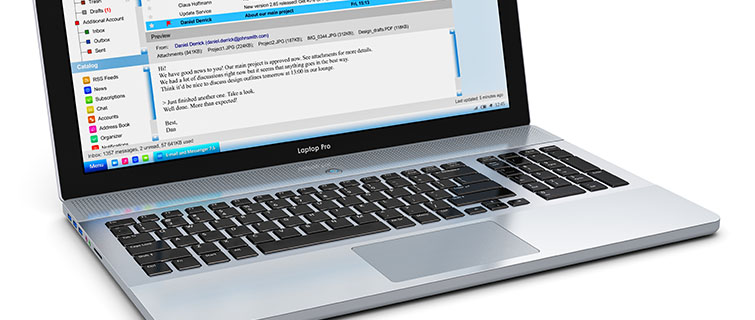
Like your personal essay, a strong letter of recommendation can be a powerful part of your graduate school application. Most programs at Georgetown SCS ask for two letters. These recommendations should come from supervisors or professors who can attest to your professional or academic abilities, as well as your potential for graduate study.
Recent college graduates will probably have two letters describing their academic skills and potential, whereas those in the early stages of their career may have one academic and one professional recommendation. Individuals who are further along in their career might have two professional recommendations.
Aside from the master’s program in Urban & Regional Planning, which prefers both an academic and a professional recommendation, there is no ideal mix of these two types of letters. What’s more important is what the recommendations say about your abilities and motivation to perform high-quality graduate work.
While people who know you well and have worked with you closely are in a good position to evaluate your work habits and potential, we prefer that your letters come from someone who has been in a position to evaluate your work objectively, such as a professor or a supervisor, as opposed to a classmate or a colleague.
That said, it is important to select individuals who you believe will not only write positively about you, but also have the time and motivation to write compelling letters. It is also a good idea to reconnect with your potential recommenders before asking for their help. Invite them out for coffee or lunch and get reacquainted with them—don’t just contact them out of the blue and ask for their help.
Don’t forget that your recommenders are doing you a favor, so do what you can to make the task easy for them. Be sure to talk to them early in the application process and give them ample time to complete a thoughtful recommendation.
It is also helpful for recommenders if you share general information on the degree program, your reasons for pursuing the degree, and why you think that you’re a good fit for the program. If you have already completed your personal statement, feel free to share it with them. They may find the information beneficial for crafting your letter of recommendation.
It’s important to note that these letters should not be character references. Rather, they should emphasize what you have done, and what you are capable of accomplishing, in an academic or professional environment. Please do not ask friends or family members to provide your recommendations.
Good luck from the Admissions team!